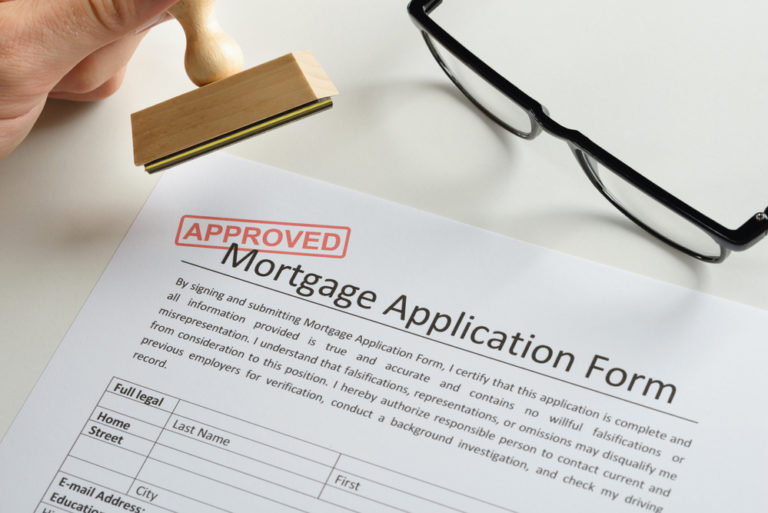Paying a collection agency may not boost your credit score, but it may make sense to do so.
This question is asked a lot. In fact, I’d venture to say it’s one of the most asked questions in our Facebook group. Some people think you should never pay a collection agency, see why this is bad advice here. Others believe if they pay every collection, it will boost their credit score which is not true.
Start with a Debt Validation letter
Before we dive into why or when it makes sense to pay, ALWAYS start by sending a debt validation letter. The best time to do so is when the collection agency sends you the first letter in the mail alerting you to the fact that a debt has been placed with their office. This is called a dunning letter.
According to the Fair Debt Collection Practices Act (FDCPA), you have the right to dispute the validity of the debt within 30 days of receiving the dunning letter. This is the best time to send the letter. Debt collectors are barred from collecting or reporting the debt on your credit report until they validate it as yours.
But, even if you didn’t respond to the initial dunning letter, it is perfectly fine to send the debt validation letter later. Most third-party collectors will remove the debt from your credit report if they are unable to validate it as yours.
Ask Yourself 3 Questions:
If the debt collector validates the debt as yours, ask yourself the following questions. Your answers to each of these questions will help you to determine if or when you should pay a collection agency:

1. Is the debt still within the Statute of Limitations (SOL)?
If the debt is still within your state’s SOL, you may want to consider paying it. Avoid payment arrangements if you can because you can still be sued while paying. The best way to do this is to offer to settle in full for an amount you can afford in exchange for deleting it from your credit report (pay for delete). If the debt collector won’t agree to delete it, it is still best to settle in full. This will bring the balance to zero and avoid the ugly repercussions of being sued.
2. Is a mortgage lender advising you to pay it?
Some lenders will tell you that in order to be approved for a home loan, you must pay all or some of your collection accounts. If that is the case, pay it. Again, offer to settle in full for an amount you can afford in exchange for deleting it from your credit report (pay for delete). Even if they don’t agree to delete it, pay it so you can achieve your goal of owning a home.

3. Do you feel a moral obligation to pay it?
If you answered NO to both of the previous questions, can you sleep at night knowing you didn’t pay a debt that was validated as yours? Many people will say yes! However, some people will say no they can’t sleep well at night because they believe they should pay what they owe. The answer to this question is between you and your conscience.
If you’re not within the SOL, no lender is telling you to pay it, and you don’t feel a moral obligation to do so – don’t pay it. It’s as simple as that. Ask yourself three questions (after the debt was validated as yours) and you have your answer.

